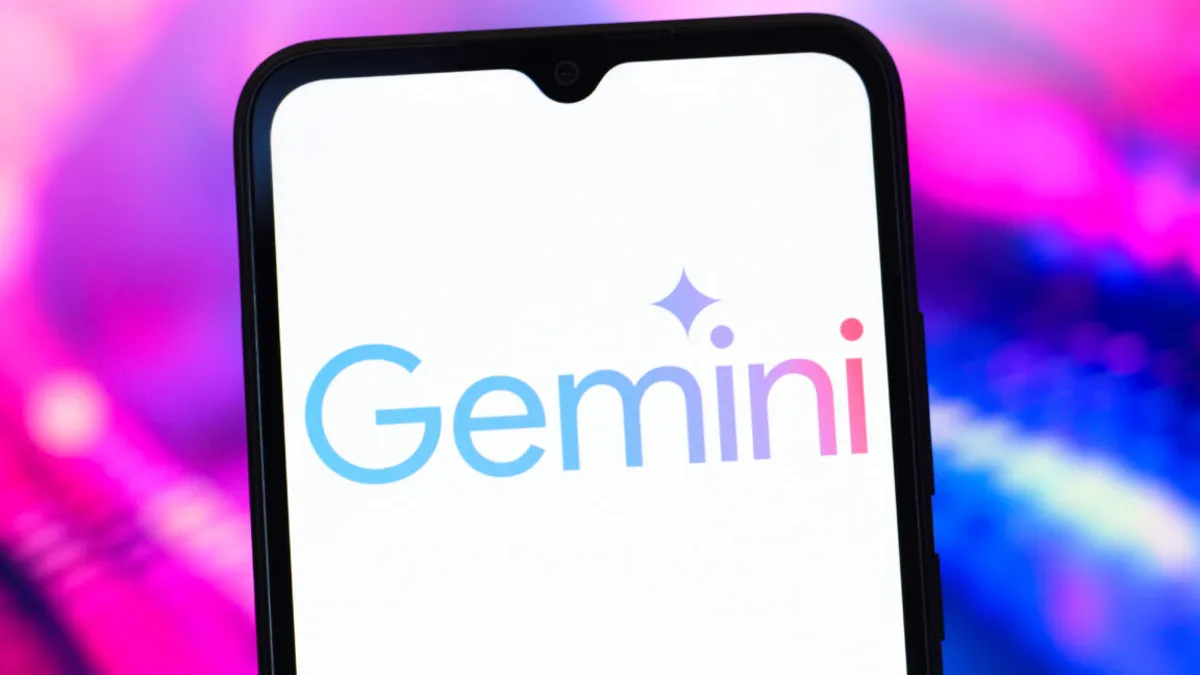
The rapid expansion of generative AI is revolutionizing the way tech giants like Google design their products. Most of the AI features consumers have experienced so far operate on powerful remote servers, which means they rely heavily on cloud processing. However, Google is now gearing up to empower developers with new tools that enable on-device AI capabilities, a significant shift that could change the mobile landscape.
At the upcoming Google I/O event, slated for next week, the tech giant is expected to unveil a new suite of APIs designed to allow developers to harness the capabilities of Gemini Nano for on-device AI. Google has already shared documentation detailing exciting new AI features that will be available for developers. As reported by Android Authority, an update to the ML Kit SDK will introduce API support for generative AI features that can run locally on devices.
Gemini Nano is built on Google's AI Core, similar to the experimental Edge AI SDK. This new model integrates seamlessly with existing frameworks, providing developers with a set of predefined features that are easy to implement. Google has stated that the ML Kit's GenAI APIs will enable applications to perform tasks such as summarization, proofreading, rewriting, and image description without the need to send data to the cloud, thus enhancing user privacy.
While the potential of Gemini Nano is promising, it's important to note that it does have limitations compared to its cloud-based counterparts. For instance, Google has indicated that summaries can only consist of a maximum of three bullet points, and image descriptions will only be available in English. Additionally, the quality of output may vary depending on the version of Gemini Nano used on a device. The standard version, Gemini Nano XS, is approximately 100MB, while the more compact Gemini Nano XXS, as seen on the Pixel 9a, is significantly smaller and limited to text processing.
This initiative is beneficial for the entire Android ecosystem, as the ML Kit operates on devices beyond Google's Pixel line. While Pixel devices will leverage Gemini Nano extensively, several other smartphones are already designed to support this model, including the OnePlus 13, Samsung Galaxy S25, and Xiaomi 15. As more devices adopt Google's AI model, it will allow developers to integrate generative AI features into a wider array of smartphones.
Developers can currently access the documentation to start familiarizing themselves with the new APIs. Google has already confirmed a session at I/O titled Gemini Nano on Android: Building with On-Device Gen AI, which promises to provide insights into the new APIs that will facilitate tasks such as summarizing, proofreading, and generating image descriptions.
For app developers eager to incorporate on-device generative AI features into their Android applications, the current landscape presents several challenges. Although Google provides the AI Edge SDK for accessing NPU hardware to run models, this toolkit is still experimental and only compatible with the Pixel 9 series. Furthermore, the SDK is limited to text processing. While both Qualcomm and MediaTek offer APIs for running AI workloads, their features can vary significantly across devices, making long-term project planning uncertain.
Despite the inherent limitations of on-device models, the introduction of these new APIs marks a crucial step in making AI more accessible and useful. Many users prefer not to upload sensitive personal data to remote servers for processing. An on-device model can analyze this information securely and privately. For instance, Google's Pixel Screenshots feature processes all screenshots locally, while Motorola's Razr Ultra summarizes notifications without sending data elsewhere.
The upcoming release of APIs that integrate with Gemini Nano could bring much-needed consistency to mobile AI development. However, the success of this initiative will depend on collaboration between Google and Original Equipment Manufacturers (OEMs) to ensure support for Gemini Nano. Some manufacturers might opt for alternative solutions, and numerous smartphones may lack the necessary power to run AI locally, posing additional challenges for the widespread adoption of this technology.